The world is changing at an exponential rate, so much so that the gap between generations' experience of the world is growing wider and wider. There are already so many things millennials will never understand about pre-internet life, but millennials are about to feel the same way as things thought to be mainstays of today will be forgotten by tomorrow.
And that's not even mentioning the impact the pandemic had on how we live our lives and the degrees to which we welcome technology into them. Intrigued? Read through to see the everyday things that will likely disappear in the next 20 years, much of which is vanishing right now before our very eyes.
1. Metal keys
Tech-based security has been on the rise for years now, and with the advent of key fobs, keyless ignition systems, facial/fingerprint recognition, and electronic keypad locks, there’s little reason for metal keys to stick around.
2. Payphones
Pay phones were once on almost every big-city block, but they’ve been in steady decline with the advent of cell phones. Still, pay phones come in handy if your phone dies or you don’t have service. But the ones standing have often suffered vandalism and neglect.
3. Cable TV
Streaming platforms have so radically changed our experience of TV, what with it being on demand and offering a much wider variety than cable. Netflix CEO Reed Hastings even claimed traditional cable will be gone in five to 10 years, reports Best Life, which was also echoed by Roku CEO Anthony Wood.
4. The clutch pedal
There are two factors contributing to the disappearance of the clutch as we know it: firstly, automatic cars are becoming much more efficient, not to mention they’re easier to drive. Secondly, “automated” manual shifts are taking off in which electronics control the clutch instead of your left foot, Kiplinger reports.
5. Public anonymity
From cameras monitoring streets, to smart devices monitoring our minds, this is just the beginning of biometric tech. "We live in an age where digital profiling is a norm and customers appreciate hyper-personalized engagement. For this purpose, constant surveillance compromises sensitive behavioral data on a daily basis, either in the form of biometric identifications or digital tracking," says Damien Martin, a marketing executive at AI-based identity verification service Shufti Pro, as per Best Life. "I believe this level of connectivity will put an end to public anonymity as we know it."
6. Remote controls
No more searching between the couch cushions, as many believe voice commands and smart phone control will make those plastic controllers obsolete in the near future.
7. Passwords
Everyone knows the hassle of forgetting your password, but thankfully they may become obsolete soon. New password-less technologies, such as cross-device verification, are starting to pop up, and there’ll be greater protection of personal data while also ensuring you don’t need to remember all your different passwords.
8. Cursive writing
Many of us remember learning the curves of this script in school, but with the decreasing need to write physical letters and notes, and the increasing speed of texts and emails, handwriting on the whole is becoming rare. Many schools have cut cursive writing to make room for computer and typing skills.
9. Chalkboards
The chalkboard was once revolutionary for its reusability. But then came white boards, which didn’t involve so much dust, and now there are smart boards increasingly being used in classrooms as they can be saved and shared, and they offer many more multimedia tools.
10. Shopping malls
At least as we knew them, as commercial hubs with only stores and a food court to keep you energized to shop more. These days, partially due to the pandemic, people are increasingly shopping online, and huge department stores are shutting down everywhere. Malls will have to become more socially useful centers with gyms, clinics, working spaces, bars, etc. to continue drawing people in.
11. Drivers
Though their safety has been hotly debated, it’s hard to deny that autonomous vehicles are well on their way, and following in the path of Tesla are Ford, Volvo, and BMW, to name a few. It's possible that in our lifetime drivers—from regular folk to professionals like taxi and truck drivers—will be rendered useless.
12. Traffic
On the upside, with self-driving cars the likelihood of running into a traffic jam will be significantly decreased. Humans are the leading cause of traffic accidents, so the theory goes that autonomous cars, which move continuously and at a constant speed, could eliminate traffic and perhaps even a majority of accidents.
13. Cash
Cash had already started its decline with card payments, but with digital transactions on phones and smart watches, the germ-covered coins and bills don’t stand a chance, especially in a post-pandemic world.
14. Paper receipts
Long gone it seems are the days when people would actually collect all their physical receipts, and now when they’re not being scrunched up and tossed out, they’re often just used for returns. Some stores are also offering emailed receipts instead of paper ones now.
15. Hard drives
While some still cling to the reliability of a physical hard drive, and though storage space remains a big factor in people’s choice of computer or phone, cloud-based storage is slowly taking center stage.
16. Parking metre
The parking meter, a seeming fixture in many city centers, is going to be replaced by license plate recognition technology and an automatic charge to your credit card.
17. Wallets
Phone cases with little card inserts were a signal that wallets were on the out—as cash has already gone out of style with some people—but now with a decreasing need for even credit and debit cards, it’s likely wallets on the whole will disappear.
18. Checkout counters, cash registers, and cashiers
Self-checkout already put the cashier job in jeopardy, but Amazon heralded in the future with its Amazon Go chain of checkout-free convenience stores. Instead of waiting in lines to check out with cashiers, customers simply scan their smartphones upon entering, pick up their desired items, then exit the store. Amazon uses in-store sensors to track purchases and automatically charges their account.
19. Ink signatures
Electronic or digital signatures are becoming the norm, most even replicating the experience of writing your signature but without requiring wet ink and paper. This only increased over the pandemic as people could not meet in person to sign documents, and eSignatures are here to stay.
20. Fast-food employees
With touch-screen kiosks allowing customers to place and pay for their orders without needing any help, fast-food chains are already cutting their cashier staff. That sort of automation is also making its way into the kitchen, where robotic devices will be able to flip burgers, fry fries, and wash dishes. The employees will still be there, but mostly in supervisor or maintenance roles.
21. Local mail collection box
Many places are cutting back on mailboxes because so few people are sending first-class mail and it costs time and fuel for couriers to stop by each one. Instead, they’ll be at busy areas like shopping centers, public transit stops, and grocery stores.
22. Charging cables
Wireless charging is untangling consumers’ frustration already, and there are devices upon which you can simply place your phone and it will receive a charge. Now imagine charging desk platforms that juice up your laptop, speakers, and other devices.
23. Plastic bags
We have already seen a huge decline in single-use plastic bags, which are terribly harmful for the environment, and many are opting to buy reusable bags. For their part, many shops are offering paper bags instead. It won’t be long until plastic bags are no more.
24. Calculators
Perhaps not so everyday anymore already, calculators pale in comparison to our smart devices, and voice-activated AI means we don’t even have to use our fingers to get exactly the right answers.
25. Languages
As languages like English and Mandarin increase their hold on the globe, there are languages spoken by as little as a few hundred people that are under threat of extinction.




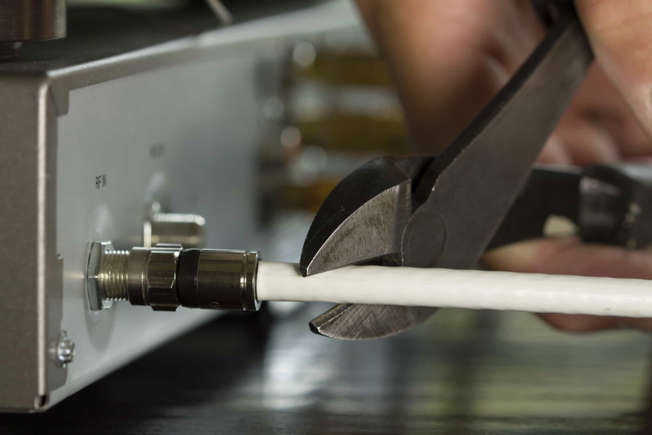

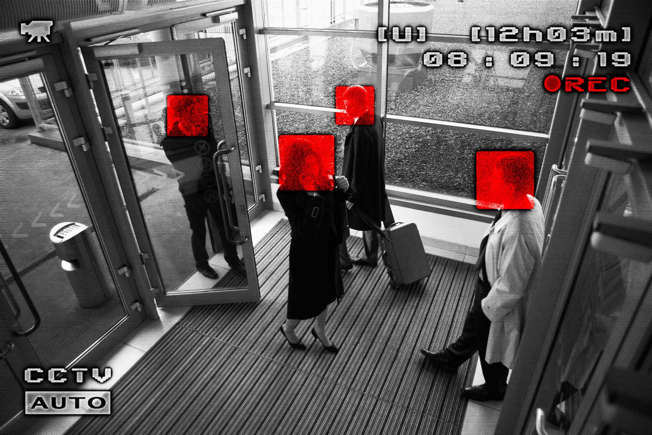
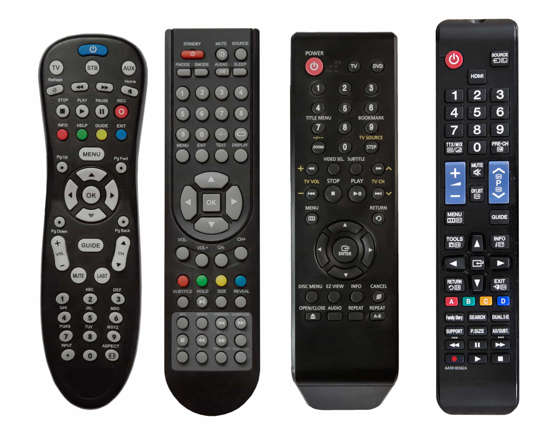



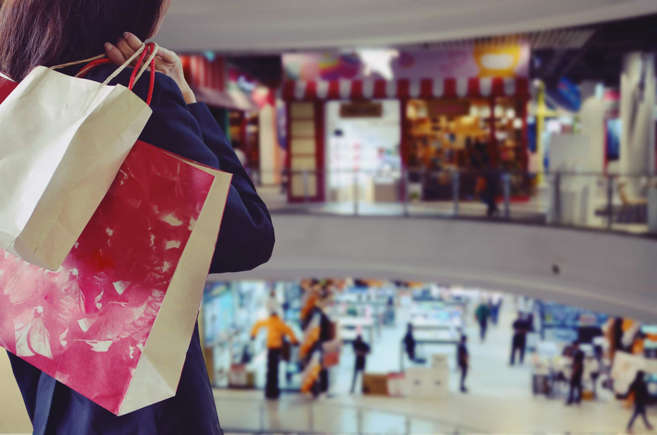




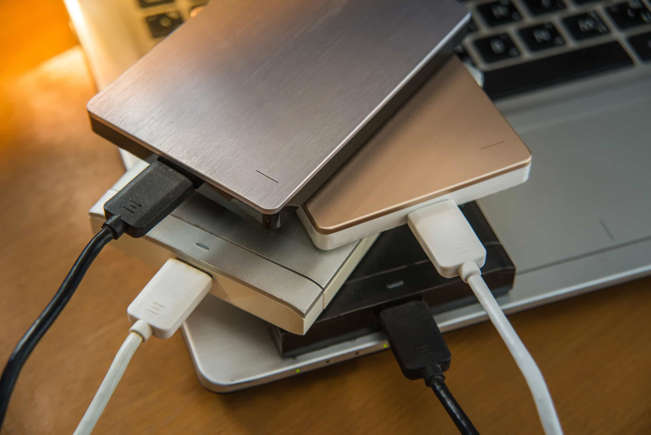
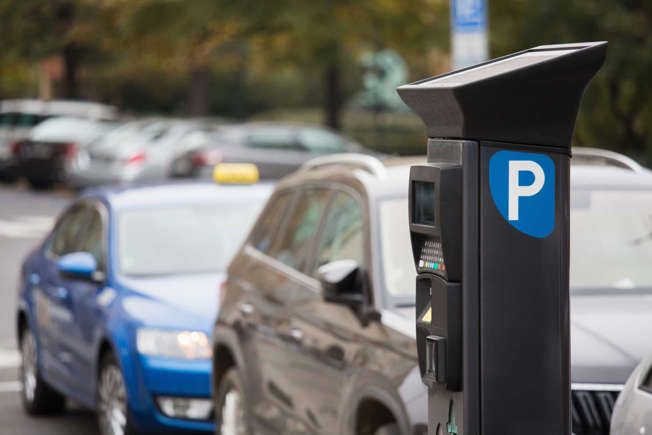








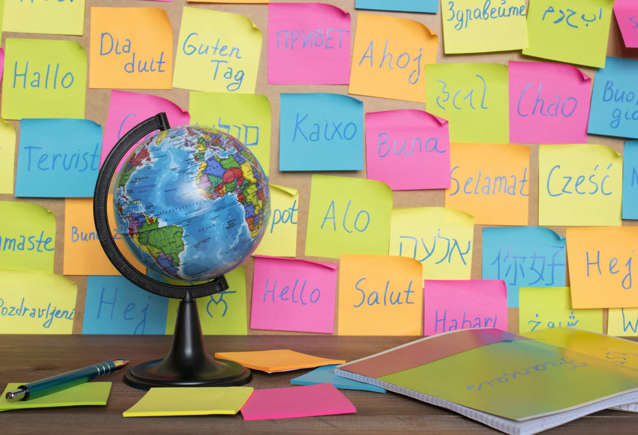






.png)

0 Comments